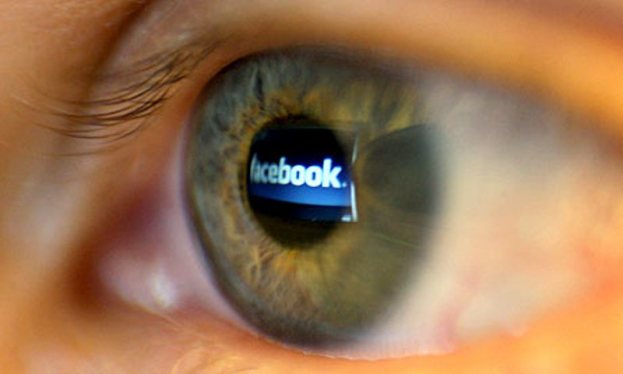
We now know slightly more about how much data the U.S. government, including the controversial National Security Agency, has requested from the world’s largest social network. In an announcement released Friday evening, Facebook revealed the number of requests from all government law enforcement agencies, as well as the number of users accounts affected by those requests.
During the second half of 2012, local, state, and federal government agencies filed a total of “between 9,000 and 10,000” requests for user data with Facebook. The requests concerned “between 18,000 and 19,000 accounts,” the company said. Facebook has a total active user-base of 1.1 billion. According to the company, the number of requests includes those issued in secrecy by the NSA.
Prior to a recently reached agreement with the government, says Facebook, the company was legally obliged to never “even confirm or acknowledge receipt of these requests.” The company touts the release of these new details as a victory for transparency.
“Since this story was first reported, we’ve been in discussions with U.S. national security authorities urging them to allow more transparency and flexibility around national security-related orders we are required to comply with,” wrote Ted Ullyot, Facebook General Counsel. “We’re pleased that as a result of our discussions, we can now include in a transparency report all U.S. national security-related requests (including FISA as well as National Security Letters) – which until now no company has been permitted to do.”
Facebook did not reveal the nature of individual requests, and instead gave a range of anecdotal information. In at least one occasion, the government requested user data concerning a potential terrorist threat, the company said.
“These requests run the gamut – from things like a local sheriff trying to find a missing child, to a federal marshal tracking a fugitive, to a police department investigating an assault, to a national security official investigating a terrorist threat,” wrote Ullyot.
After news broke last week that the NSA collects call records on all Verizon customers, The Guardian and Washington Post also uncovered an NSA program called PRISM, which reportedly includes the mass collection of Internet communications from major U.S.-based technology companies. Facebook, Google, and Microsoft – three of the nine companies reportedly cooperating with NSA data requests – have called for greater transparency into government demands for user data.
Friday’s announcement by Facebook follows claims made on June 7 by CEO Mark Zuckerberg that his company did not have knowledge of PRISM, nor did it allow the government to have “direct access” to its servers, as reports claimed.
“Facebook is not and has never been part of any program to give the US or any other government direct access to our servers,” wrote Zuckerberg on his Facebook Page. “We have never received a blanket request or court order from any government agency asking for information or metadata in bulk, like the one Verizon reportedly received.”
A later report from The New York Times showed that at least some of the companies compliant with PRISM had knowledge of the NSA’s data gathering activities, but were often bound by law to feign ignorance. In a blog post, Google’s CEO Larry Page made claims nearly identical to Zuckerberg’s.
Facebook says that it “will continue to be vigilant in protecting our users’ data from unwarranted government requests, and we will continue to push all governments to be as transparent as possible.” According to the Wall Street Journal, which spoke with a “person familiar with the matter,” Facebook executives are actively courting the federal government to allow the company to release more details about user data requests.
The Facebook release comes amidst congressional scrutiny of the NSA, and the secretive FISA court, which rules on the constitutionally of the Foreign Intelligence Surveillance Act (FISA), the Patriot Act, and other legislation governing surveillance of foreigners and suspected U.S. citizens. During testimony on Capitol HIll on Wednesday, NSA director Gen. Keith Alexander said the NSA’s PRISM program and call data collection have helped thwart “dozens” of terrorist attacks.
Gen. Alexander added that the NSA plans to declassify more information about the success of these national security programs, and stated that the public deserves to know why its government is collecting such data – a dramatic shift from previous statements by Alexander and other NSA leaders.
During his opening remarks before the Senate Appropriations Committee on Wednesday, Alexander asserted that the NSA operates “under strict guidelines and accountability.”
“… Everything depends on trust,” he said. “We operate in a way that ensures we keep the trust of the American people because that trust is a sacred requirement.”

